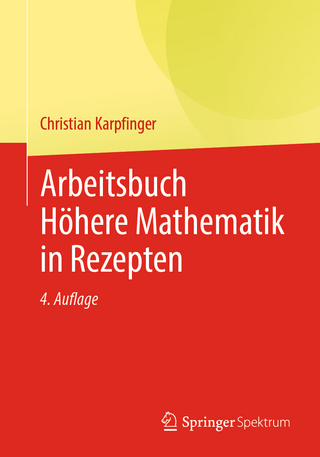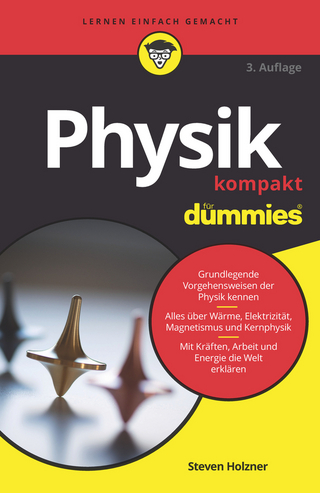
The Block Theory of Finite Group Algebras: Volume 2
Seiten
2018
Cambridge University Press (Verlag)
978-1-108-42590-2 (ISBN)
Cambridge University Press (Verlag)
978-1-108-42590-2 (ISBN)
Graduate students and researchers in modular representation theory, especially block theory, will find this systematic introduction indispensable. The two volumes include detailed treatments of classic material as well as more modern developments which have not appeared in any book before, giving readers a comprehensive overview of the subject.
This is a comprehensive introduction to the modular representation theory of finite groups, with an emphasis on block theory. The two volumes take into account classical results and concepts as well as some of the modern developments in the area. Volume 1 introduces the broader context, starting with general properties of finite group algebras over commutative rings, moving on to some basics in character theory and the structure theory of algebras over complete discrete valuation rings. In Volume 2, blocks of finite group algebras over complete p-local rings take centre stage, and many key results which have not appeared in a book before are treated in detail. In order to illustrate the wide range of techniques in block theory, the book concludes with chapters classifying the source algebras of blocks with cyclic and Klein four defect groups, and relating these classifications to the open conjectures that drive block theory.
This is a comprehensive introduction to the modular representation theory of finite groups, with an emphasis on block theory. The two volumes take into account classical results and concepts as well as some of the modern developments in the area. Volume 1 introduces the broader context, starting with general properties of finite group algebras over commutative rings, moving on to some basics in character theory and the structure theory of algebras over complete discrete valuation rings. In Volume 2, blocks of finite group algebras over complete p-local rings take centre stage, and many key results which have not appeared in a book before are treated in detail. In order to illustrate the wide range of techniques in block theory, the book concludes with chapters classifying the source algebras of blocks with cyclic and Klein four defect groups, and relating these classifications to the open conjectures that drive block theory.
Markus Linckelmann is a Professor in the Department of Mathematics at City, University of London.
Introduction; 6. Blocks and source algebras; 7. Modules over finite p-groups; 8. Local structure; 9. Isometries and bimodules; 10. Structural results in block theory; 11. Blocks with cyclic defect groups; 12. Blocks with Klein four defect groups; Appendix; References; Index.
| Erscheinungsdatum | 22.07.2018 |
|---|---|
| Reihe/Serie | London Mathematical Society Student Texts |
| Zusatzinfo | Worked examples or Exercises |
| Verlagsort | Cambridge |
| Sprache | englisch |
| Maße | 157 x 235 mm |
| Gewicht | 870 g |
| Themenwelt | Mathematik / Informatik ► Mathematik ► Algebra |
| Mathematik / Informatik ► Mathematik ► Arithmetik / Zahlentheorie | |
| Mathematik / Informatik ► Mathematik ► Geometrie / Topologie | |
| ISBN-10 | 1-108-42590-9 / 1108425909 |
| ISBN-13 | 978-1-108-42590-2 / 9781108425902 |
| Zustand | Neuware |
| Informationen gemäß Produktsicherheitsverordnung (GPSR) | |
| Haben Sie eine Frage zum Produkt? |
Mehr entdecken
aus dem Bereich
aus dem Bereich
Buch | Softcover (2022)
Springer Spektrum (Verlag)
39,99 €


